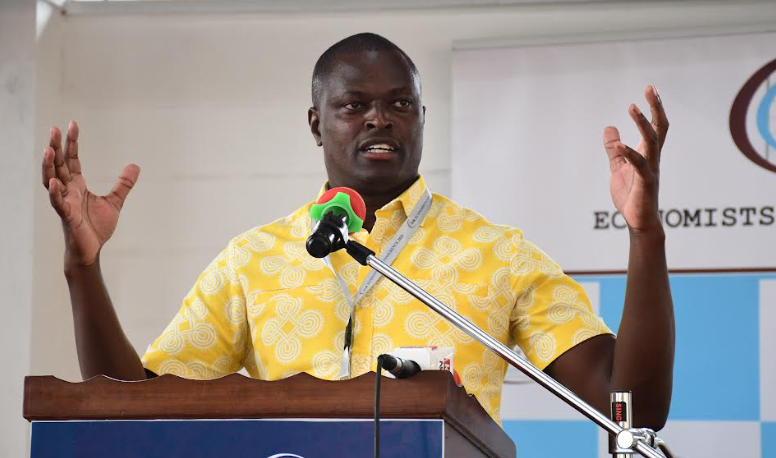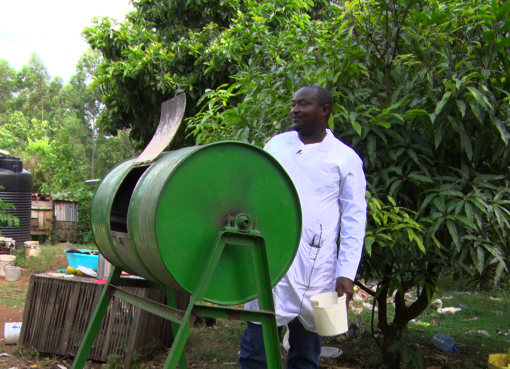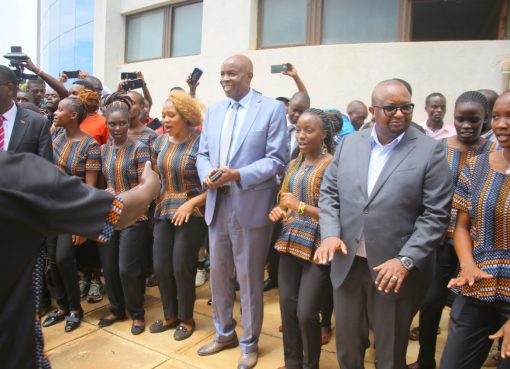The Chairman of the National Assembly Budget and Appropriations Committee, Ndindi Nyoro, has reiterated the government’s commitment to reduce the country`s debt.
Ndindi Nyoro revealed on the second day of the inaugural Annual Conference for the Economists Society of Kenya in Mombasa that in the proposed 3.9T budget for the Financial Year 2024/2025, the deficit has been lowered to 2.9 per cent.
He noted that they have allocated money, where a majority of Kenyans are, in the education and agricultural sectors because, “even as we make the budget, we want to play a key role in redistribution.”
“We have brought down the amount of deficit or the amount of money we anticipate to borrow because we want to walk the talk of borrowing less and relying more on our internal resources,” he stressed.
“That is why we had to cut-off the budget by over two billion, so that we could make a budget that we would be able to fund using the resources that we are sure we are going to attain. This has been a very critical consideration as we make the budget for this financial year,” Nyoro added.

Meanwhile, Nyoro, who is also the Kiharu MP, noted that they are still negotiating with counties that need more resources.
“We must be deliberate in supporting our counties. There are many roles our counties are undertaking, which will definitely require more funding,” stated Nyoro.
During the devastating floods, Nyoro, assured all the affected families of unequivocal support and a shoulder to lean on.
He said the government is allowed by the Constitution to spend money without the nod of Parliament, during emergencies and seek approval later.”
He assured the government of the Committee’s commitment to pass all the expenditures that are going into saving Kenyans’ lives and making their lives better, especially during this epoch of floods that have wreaked havoc in many regions.
On his part, Kakamega Governor, Fernandes Barasa, termed the Economists Conference crucial as they were discussing issues affecting the country`s economic growth.
The meeting, he said, can offer solutions on how counties can come-up with alternative ways of resource mobilisation for counties which have largely depended on equitable share and conditional grants.
“One of the ways of financing counties in terms of resource mobilisation is by considering the onboarding of Public-Private Partnerships (PPPs) programmes, which can largely support programmes in health, transport, and agricultural value chains,” said Governor Barasa, adding counties are keen to optimise some of the programmes.
He underscored the importance of professionals in providing leadership on sustainable economic growth. “This is a very good step for the economists as professionals in terms of coming up with a policy and directions to support the national government in economic growth and also focusing on areas of production,” said Governor Barasa.
By Sadik Hassan




